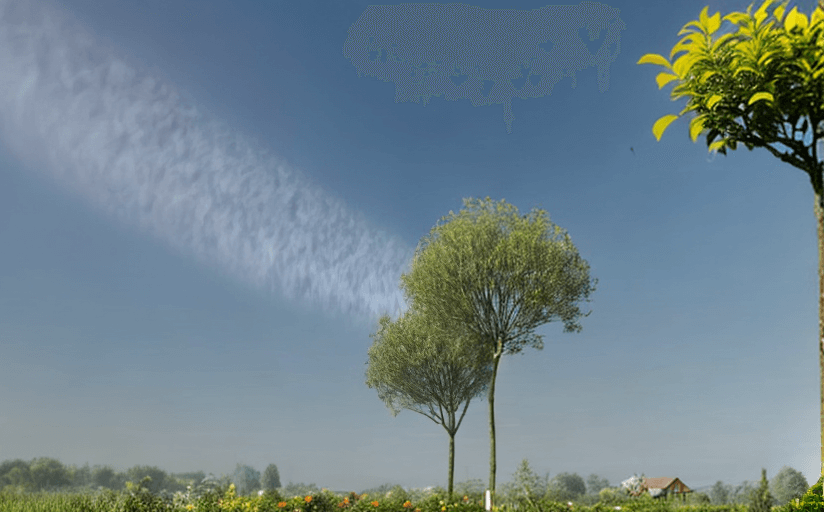The Impact of Pesticide Use in Home Gardens: Environmental, Health, and Biodiversity Implications
The lens we are using today is focused on understanding the nitty-gritty of pesticide use in our home gardens, specifically examining its effects on the broader environment, human health, and biodiversity. Both the pros and cons of pesticide use will be thoroughly explored in this article.
Effects on Environment
Pesticide use can significantly alter the natural environment. Pesticides can seep into the soil, reducing its overall quality and fertility. This interrupts the natural circular process of nutrients in the soil, affecting plant growth and tilting the ecological balance.
The impact of pesticides on the water supply is another profound concern. Rainwater can wash pesticides off plants, which are then carried into our groundwater or surface waters, disrupting aquatic ecosystems and contaminating drinking water sources.
Wildlife - ranging from insects to birds and mammals - can be affected by direct exposure or by consuming plants or prey poisoned by pesticides. Pesticides impede reproduction, growth, and can cause behavioural changes in wildlife, shrinking their populations and leading to loss of biodiversity.
Impact on Human Health
Pesticide exposure has been linked to a variety of health issues, including nausea, headaches, cancer, and endocrine disruption. Even low-level exposure may result in long-term health effects.
Comparison of Organic and Chemical Pesticides
Both organic and chemical pesticides can have environmental impacts, but they differ in degree and type. Organic pesticides are generally less harmful as they decompose more rapidly and are less likely to accumulate in, and contaminate, soil and water. However, they also have downsides, they can be less efficient in pest control and require more frequent application. Chemical pesticides are more potent and persistent but come with greater ecological and health concerns.
Alternatives and Solutions
Gardening practices such as crop rotation, intercropping and use of pest-resistant plant varieties can reduce the need for pesticides. Biological control, using natural enemies of pests, is another effective approach.
To conclude, although pesticides can provide quick fixes to pest issues, their cascading impacts on the environment, our health, and biodiversity are too significant to ignore. It's high time we garden mindfully, exploring eco-friendly alternatives to conventional pesticides.


















Comments
Leave a Comment